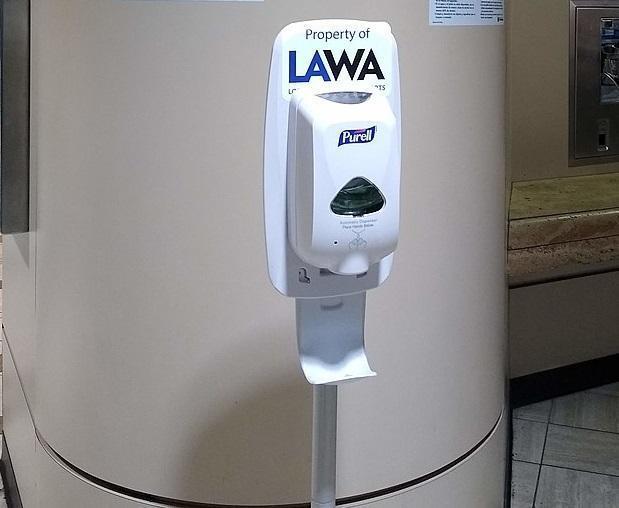In recent times, with the pandemic outbreak, hand sanitizers have become a staple in workplaces and homes, to keep our hands clean and reduce the spread of germs and bacteria. However, it’s important to understand that getting hand sanitizer in your eyes can cause serious injuries.
The Food and Drug Administration (FDA) has issued a warning about the dangers of getting hand sanitizer in your eyes. The FDA has received reports of eye injuries, including blindness, from hand sanitizers that contain high percentages of alcohol. The alcohol in hand sanitizers can cause serious eye irritation and even blindness if it comes into contact with the eyes.
To prevent these hazards, it’s important to use hand sanitizers safely. First and foremost, when using hand sanitizers, it’s important to avoid contact with the eyes. This can be done by using the correct amount of hand sanitizer, making sure hands are dry before application, and being mindful of the position of the hands and the product during use. If hand sanitizer does come into contact with the eyes, it should be immediately flushed out with water for at least 15 minutes. This will help to remove the product and dilute any remaining alcohol that may cause irritation. Additionally, it’s important to seek medical attention if eye irritation persists, or if there is any vision changes.
Getting hand sanitizer in your eyes can cause serious injury, including eye irritation and blindness. It’s important to avoid contact with the eyes when using hand sanitizers, and to wash out any hand sanitizer that comes into contact with the eyes immediately with water for at least 15 minutes. Additionally, it’s important to seek medical attention if eye irritation persists, or if there is any vision changes. This is important to prevent any further damage or complications.
It’s also important to store hand sanitizers in a safe place, out of the reach of children and pets, as they may not be aware of the potential hazards and may mishandle the product. This will help to prevent any accidental contact with the eyes. It is also important to make sure that the hand sanitizer that you are using is FDA approved and is not expired. Using expired or counterfeit hand sanitizers can increase the risk of injury.
It is also important to note that there are alternative ways to sanitize your hands such as washing your hands with soap and water for at least 20 seconds, or using hand sanitizers that are alcohol-free. These products are less likely to cause eye irritation and are still effective in killing germs and bacteria. It’s worth considering using these products as an alternative to traditional hand sanitizers to further reduce the risk of injury caused by contact with the eyes.
In conclusion, hand sanitizers are an essential tool in preventing the spread of germs and bacteria, but it’s important to use them safely. Getting hand sanitizer in your eyes can cause serious injury, including eye irritation and blindness. By taking precautions such as avoiding contact with the eyes, washing out any hand sanitizer that comes into contact with the eyes immediately, and seeking medical attention if necessary, we can help to prevent these injuries. It’s also important to store hand sanitizers in a safe place, out of the reach of children and pets, and to make sure that the hand sanitizer that you are using is FDA approved and is not expired. Additionally, it’s worth considering alternative ways to sanitize your hands such as washing your hands with soap and water for at least 20 seconds, or using hand sanitizers that are alcohol-free, as these products are less likely to cause eye irritation. By taking these precautions, we can keep ourselves and our surroundings safe from the risk of injury caused by hand sanitizers.










